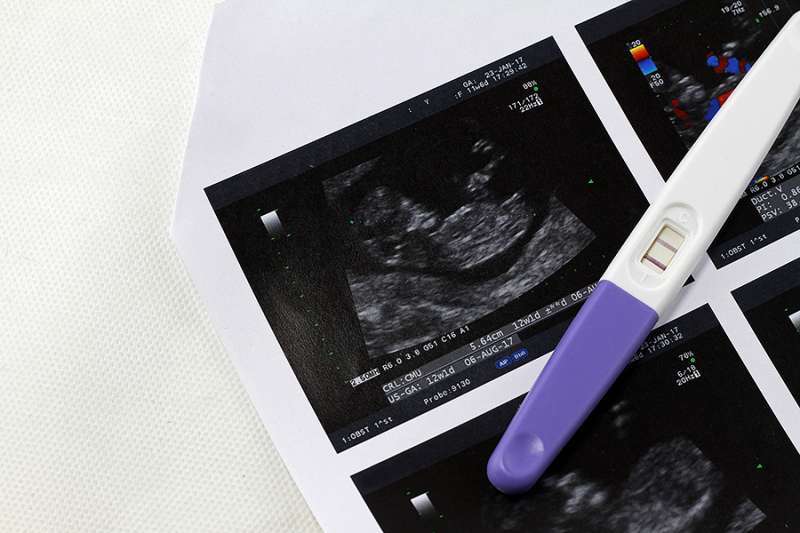A federal appeals court upheld an injunction that blocks an Indiana law designed to require parental notification for minors seeking abortion.
Indiana law requires any Indiana minor seeking an abortion to provide the courts with written consent from a parent. The state allows a minor to petition a court for approval to have an abortion without parental consent, but a 2017 law also allows judges to notify parents that their daughters are seeking to have an abortion without consent.
In 2017, a federal judge issued a preliminary injunction that prevents judges from notifying parents when minors seek abortions. The U.S. Circuit Court of Appeals upheld that injunction Aug. 28 by a vote of 2-1.
According to the Associated Press, the court said the notification provision would place an “undue burden” on teens seeking an abortion.
Opponents to the court’s decision have said it restricts the rights of parents to be involved in their children’s medical decisions.
Circuit Judge David Hamilton disagreed.
“The State has not yet come forward with evidence showing that there is a problem for the new parental notice requirement to solve, let alone that the law would reasonably be expected to solve it,” he wrote.
The preliminary injunction issued two years ago was in the context of a lawsuit filed against the state by the ACLU and Planned Parenthood.
After the initial court decision, state attorney general Curtis Hill said the ruling was “an attempt to give courts rather than parents the legal guardianship of children.”
In May, the U.S. Supreme Court had upheld part of another Indiana law, which required aborted babies to be either buried or cremated. The court said states have a “legitimate interest in proper disposal of fetal remains.”
“The Seventh Circuit clearly erred in failing to recognize that interest as a permissible basis for Indiana’s disposition law,” the court said.
Pro-life leaders welcomed the decision. Denise Burke, senior counsel for Alliance Defending Freedom, said in response to that decision that “unborn infants shouldn’t be disposed of as ‘medical waste’ when they die before birth, regardless of whether their deaths are spontaneous, accidental, or induced,” she said.
The Supreme Court has not considered the merits of another Indiana law under judicial injunction. That law would prohibit abortions chosen solely on the baby’s sex, race, or disability.
“Indiana law also sends a clear message that all victims of discrimination – born and unborn – are worthy of protection,” Burke said in May.
“We had hoped the Supreme Court would take this opportunity to revisit the 7th Circuit’s deeply flawed ruling, which endorses a lethal form of discrimination, as long as it occurs in utero.”

